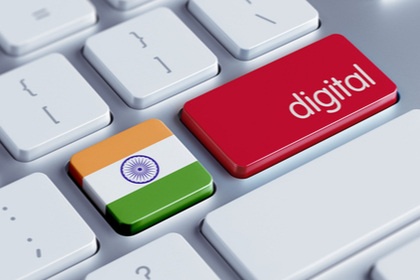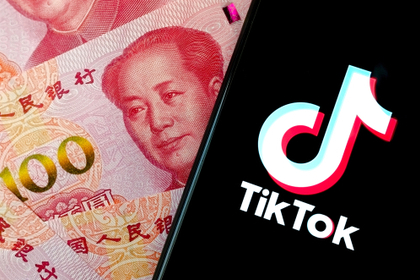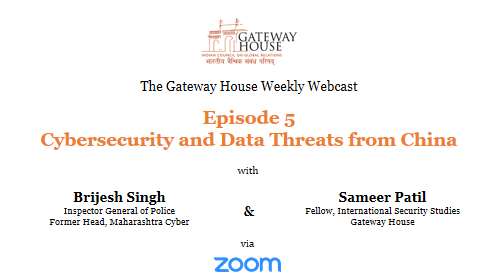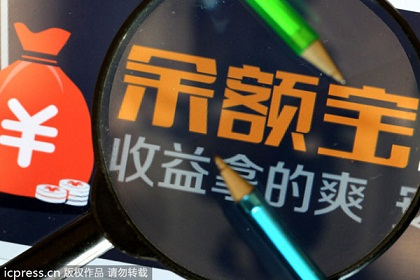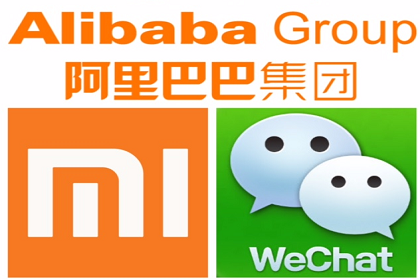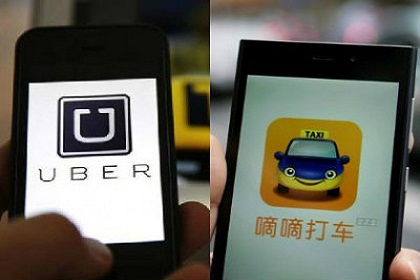India on the global digital stage
The depth and complexity of India’s digital citizenry and ecosystem puts it in a unique position to impact global rules on digital governance. An opportunity to assert its influence is coming up with India’s presidency of the G20 in 2022. Work on this agenda must begin now.

